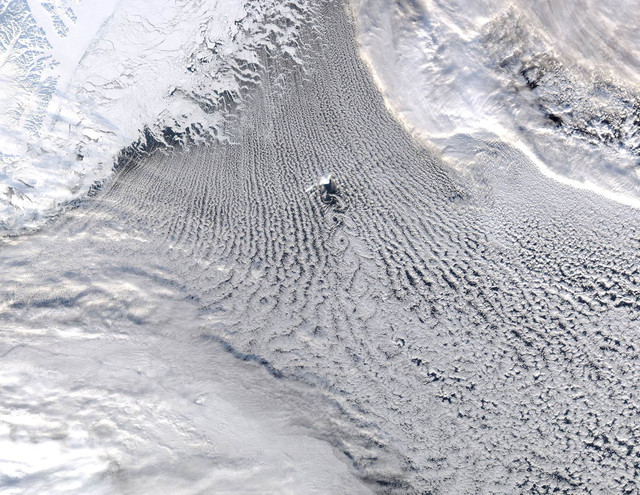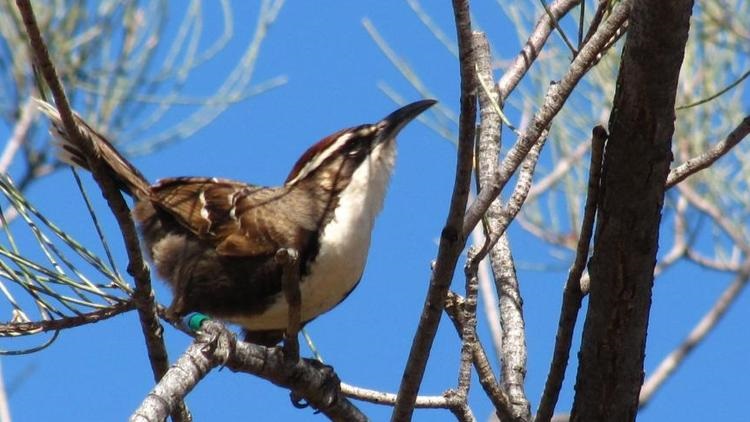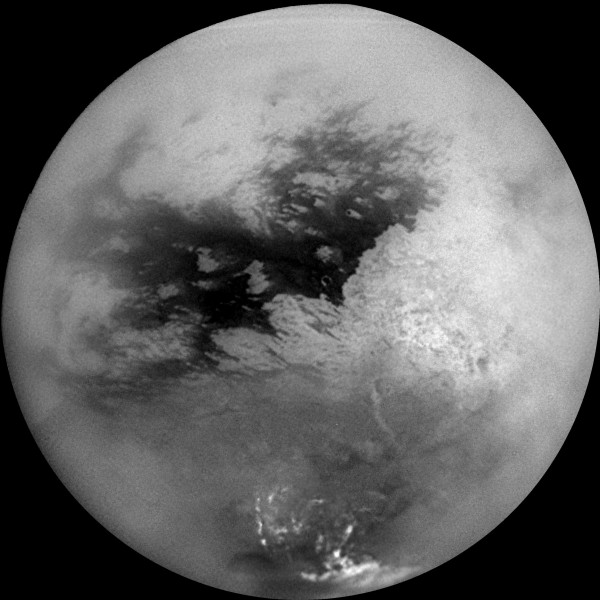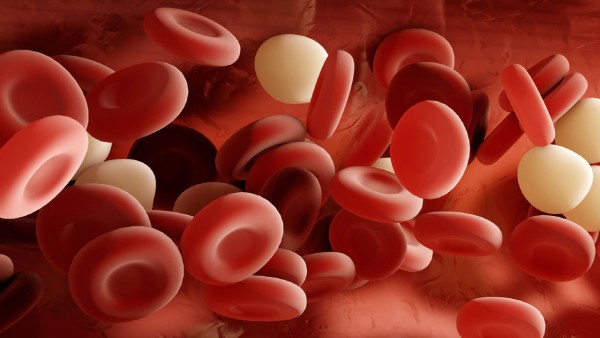Zientzia hedabideetan
-

Fingerprints Change Over the Course of a Person’s Life
Fingerprints may not be the permanent biological signatures we’ve built them up to be.
-

La retirada del hielo en el Atlántico Norte podría enfriar el clima del oeste de Europa
Un estudio, publicado en Nature Climate Change, alerta de las consecuencias del calentamiento global en la circulación océanica del Atlántico Norte, y examina por primera vez estos cambios en el […]
-

How to Stop Virtual Reality from Making You Want to Puke
While the technology has improved immensely in the last couple years, there are still plenty of crucial issues to be sorted out—among them that feeling of motion sickness that some […]
-

These ‘babbler’ birds could shed light on human language
Move over, parrots. Here’s another bird with some impressive “language” skills: The chestnut-crowned babbler. Scientists studying the social birds have discovered that they can rearrange meaningless sounds in their calls […]
-

Mina arintzeko esperimentu batek agerian utzi du emeen eta arren artean dagoen aldea
Min kronikoaren mekanismoan parte hartzen duten zelulak ez dira berdinak sagu arretan eta emeetan. Hain zuzen ere, Kanadako eta Estatu Batuetako ikertzaileek elkarlanean egindako esperimentu batean, berretsi dute sagu arretan […]
-

Early Titan Was a Cold, Hostile Place For Life
Titan’s methane is thought to be less than a half billion years old, leading astrobiologists to wonder what Titan’s atmosphere looked like early in its history when there was little […]
-

Blowing in the wind? The mystery of Kawasaki disease
Hard to diagnose, with an unknown cause, Kawasaki disease has been puzzling doctors for 150 years. Jeremy Hsu explores what we know, and still don’t know, about this troubling childhood […]
-

Sorting cells through levitation
What looks like a row of drifting gumdrops could hold a wealth of information for both clinical researchers and bench scientists. A team of bioengineers and geneticists has designed a […]
-

Could artificial intelligence kill us off?
Despite big differences about how best to conduct the search and where to look, several of the most persistent sleuths have found themselves disconcertingly close to agreement. No-one is yet […]
